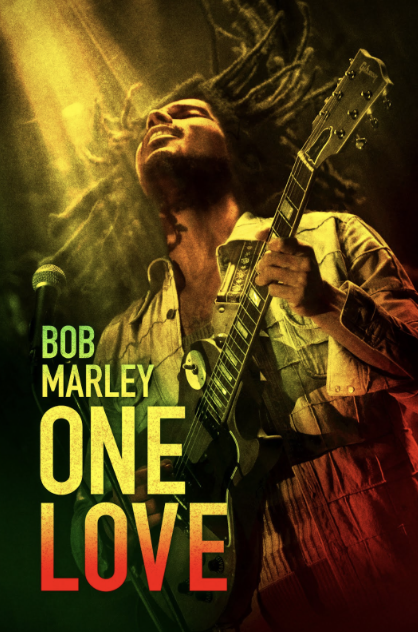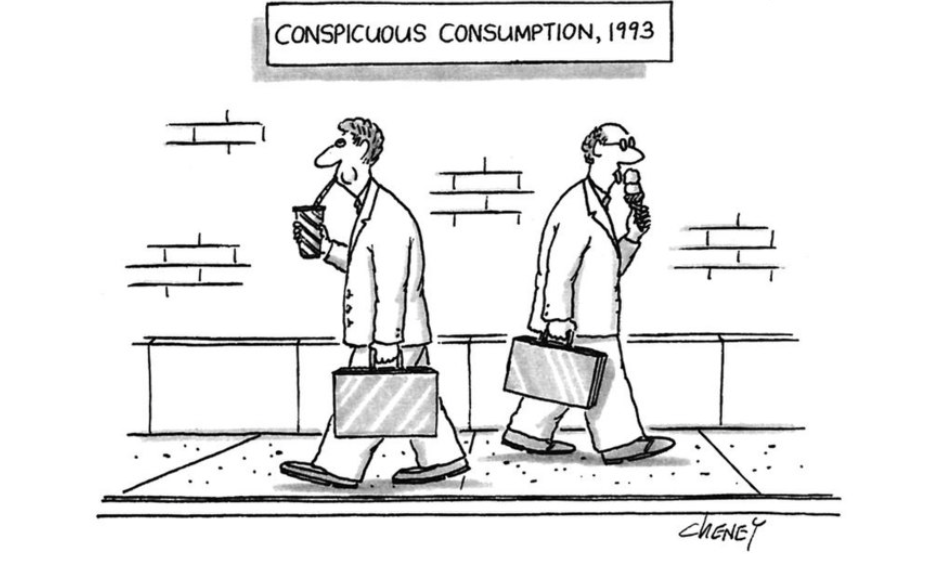By Emily Freed
The Iowa caucus’ main claim to fame is the fact that it is the first stage of the 2016 presidential election cycle. At the caucus, voters will, for the first time in this election cycle, judge the candidates of each party, whereas before now the judgements were from the media and polls. Only registered voters of their political party can vote in the caucus.
The most pressing question for many is: What exactly is a caucus? Caucuses are meetings for members of political parties to select candidates. Caucuses are essentially a local way to predict the popularity of the candidates in the running for the primaries among voters of that political party within the state.
Caucuses are generally long and may even be considered boring; usually less than 20% of eligible voters participate. They take place locally, commonly in libraries or schools. Before voting, there are lectures by supporters of different candidates. Each party has a different procedure for the caucus. Republicans raise their hands to indicate support or use a secret ballot. The Democrats forms groups of supporters for each candidate and if a candidate has less than 15% of the supporters in their group, they become “unviable.”
The caucus itself does not actually control much. They serve the purpose of selecting delegates from each party to send to the national nominating conventions in July. In this case, Iowa will select delegates, 52 from the Democratic Party and 30 from the Republicans. Furthermore, Iowa is not necessarily a powerful state. Out of the thousands of delegates sent to the national conventions in July, Iowa’s delegates will only make up a small portion of the thousands of delegates selected.
If it has such a small effect, then, why are the Iowa caucuses given so much attention? Despite the reality of its underwhelming powers, the Iowa caucuses are important because we, the people, give them a great sense of purpose. They have great symbolic meaning as the first vote of the season by the people. It is essentially the first ripple in the pond of the 2016 election, and for many, it will be a powerful indicator of which candidate they will ultimately side with. The caucuses also give more power to grassroots campaigners and activists, as it has more voter involvement required than a simple poll. The support from the caucuses can go a long way.
This year the Iowa caucus reportedly has an unexpectedly large turnout, which likely benefited Trump and Sanders with the influx of first time caucus-goers. Early on, Martin O’Malley, former governor of Maryland, suspended his campaign because he received too little support. The most prominent rivalries are between Democratic candidates, Bernie Sanders and Hillary Clinton, and Republican candidates, Donald Trump, Marco Rubio, and Ted Cruz. In the Democratic caucus, the votes were extremely close between Sanders and Clinton. One Clinton supporter even called it “uncomfortably close,” according to CNN. The most recent results have Clinton winning very narrowly, at 50%, with Sanders just behind by 1 point at 49%. The GOP votes declared Cruz the winner, with 28% of the vote, with Trump at 24% and Rubio at 23%. While the majority of the votes are in, the winners are not completely final and may not be for a few days. In fact, in 2012, Mitt Romney was prematurely declared the winner of the Iowa GOP caucus, and yet when the final votes were tallied, Rick Santorum was the actual winner by only a few votes.
Despite the potential issues with caucus, this year’s results will have interesting implications on the presidential election. Previously, Donald Trump had dominated Republican polls, but the Iowa caucus has him lagging behind Cruz. Perhaps the obstacles he faces, especially his unpopularity with female voters and minorities, will permanently cripple him when it comes to the primaries later this year. In the Democratic race, the closeness between Clinton and Sanders makes it difficult to predict a clear winner for the candidacy from the caucus alone. Clinton may face a similar issue to the one she had in 2008, when the then-underdog Barack Obama surpassed her in the caucus and subsequently received the Democratic nomination.
The Iowa caucus, though technically powerless, can have a huge impact. In fact, since 1980, the winners of the Iowa caucus, New Hampshire primary, or both, have all become their parties’ candidates with only one exception. Iowa only represents a small portion of America—it is whiter and more rural than the average American. However, the caucus could not possibly be expected to reflect the entirety of America as it is focused on only one state by its very nature. It can, however, still have a large impact on non-Iowans. This is because the winners of the caucus receive ridiculous amounts of attention from the media, gain more donors and sponsors, and garner more attention from voters in other states. This caucus is only the first battleground of the 2016 election, and there will be many more to come. If anything, this caucus will certainly reinvigorate popular passions in both parties, and there is no doubt that the selection of the candidates will still be in limbo until the national conventions in July. Will you be swayed by the outcome of the Iowa caucus?



































